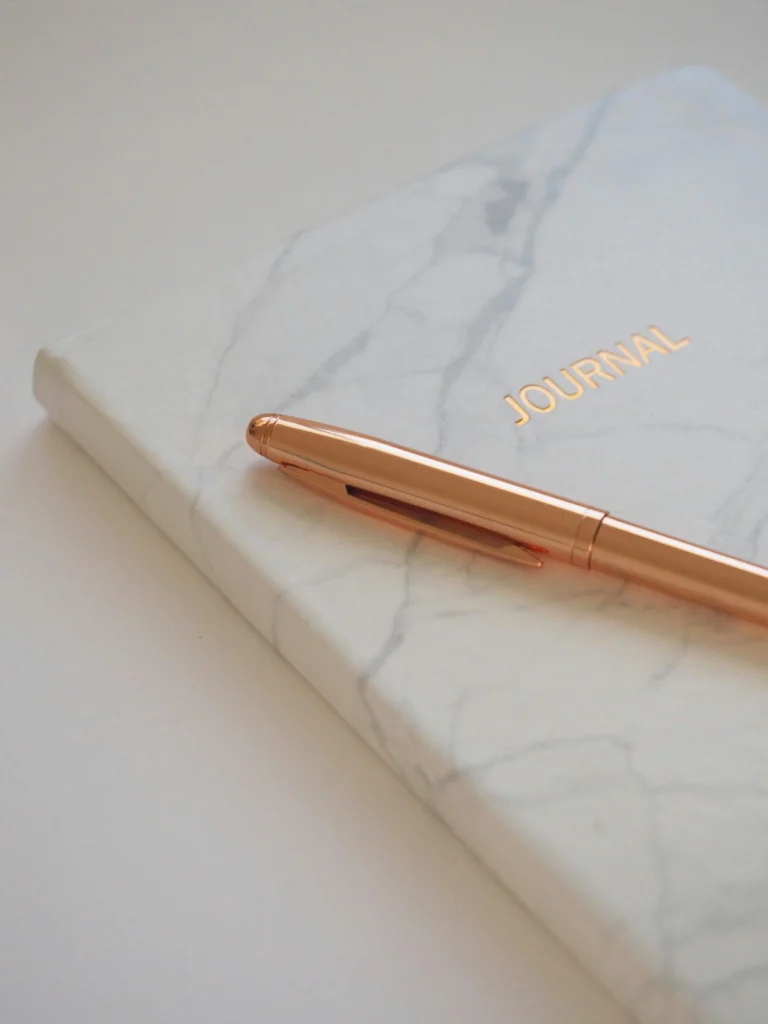How to Start Journaling: A Practical Guide for Clarity, Growth & Mental Wellness

How to Start Journaling: A Practical Guide for Clarity, Growth & Mental Wellness
The greatest discovery of my generation is that a human being can alter his life by altering his attitudes.
William James
What Is Journaling?
Top 7 Benefits of Journaling
1. Mental Clarity
Journaling helps declutter your thoughts, giving you more focus and a better ability to make decisions. It untangles mental knots and turns chaos into calm.
2. Reduces Stress and Anxiety
Writing about your worries allows you to release emotional pressure. Studies have shown that journaling can lower cortisol (stress hormone) levels and reduce anxiety symptoms.
3. Supports Emotional Healing
When life feels heavy, your journal becomes your healer. Journaling can help process grief, trauma, heartbreak, and anger by creating emotional distance and self-awareness.
4. Improves Focus and Productivity
Journaling is a great way to set priorities, track goals, and stay accountable. Many entrepreneurs and creatives use journaling as a brain-dump tool to keep focused and inspired.
5. Increases Gratitude
Gratitude journaling trains the brain to focus on abundance instead of lack. It’s a daily practice that rewires your mindset for optimism and joy.
6. Boosts Self-Awareness
The more you journal, the more you’ll recognize emotional triggers, limiting beliefs, and hidden desires. It strengthens your connection to your true self.
7. Accelerates Personal Growth
Journaling helps you set clear goals, track progress, and reflect on challenges. You become your own coach and witness your evolution over time.
How to Start Journaling (Even If You’ve Never Done It Before)
Starting a journaling practice is easy. All you need is a notebook and an open heart.

Notebook/Journal: Great for those who love writing by hand.
Digital App: Try apps like Day One, Notion, or Evernote if you prefer typing.

Establish a consistent routine—morning, evening, or whenever you feel reflective.

Not sure what to write? Use simple prompts like:
What am I feeling right now?
What drained me today? What energized me?
What am I grateful for?
What would I tell my younger self?

